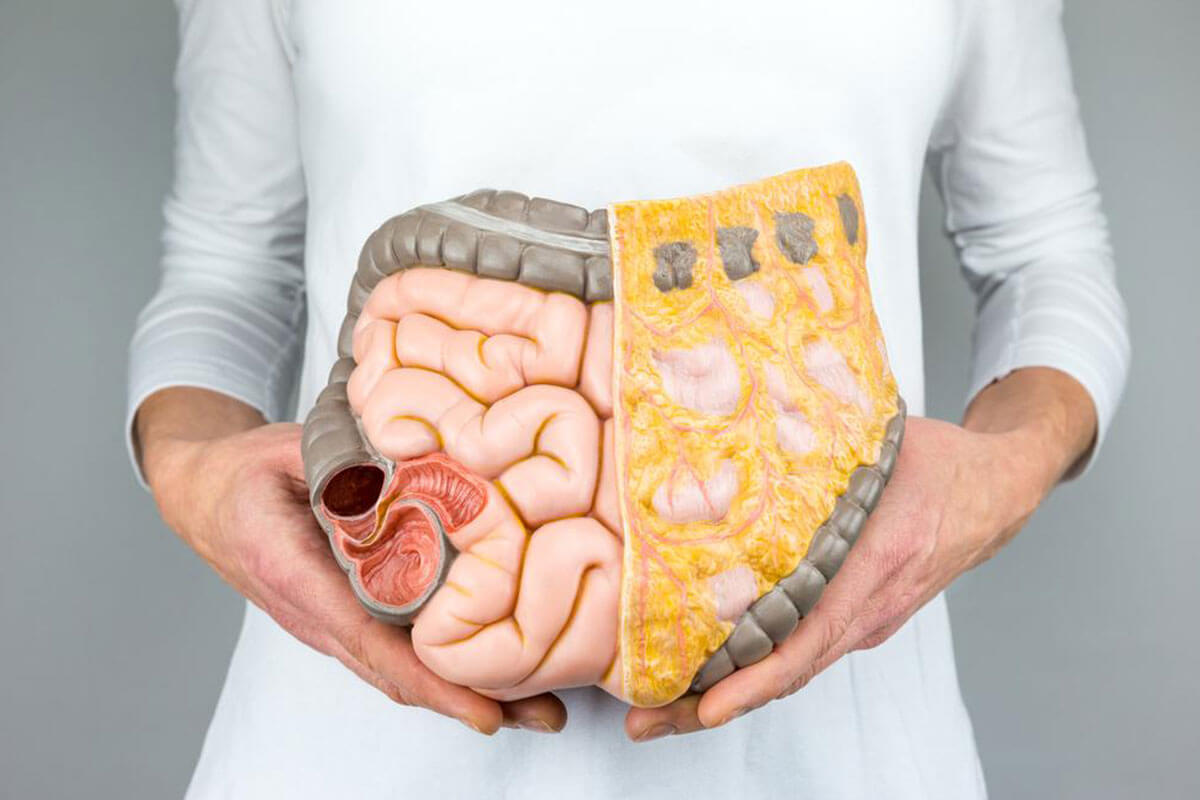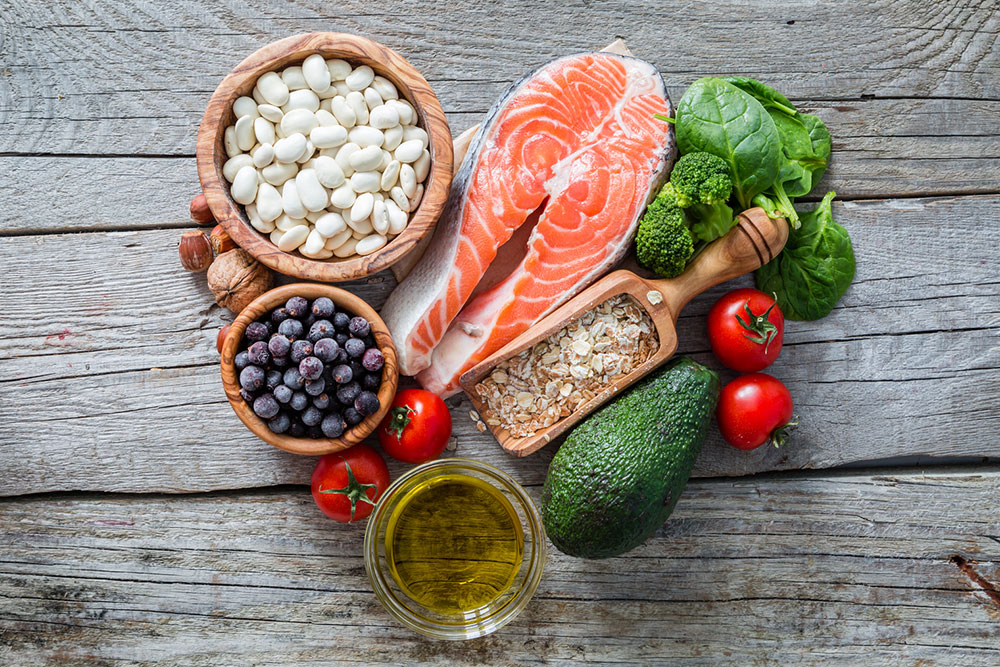Nutritional Approaches to Easing Gastric Cancer Symptoms
Explore effective dietary strategies to manage gastric cancer symptoms. This guide highlights foods and nutritional habits, such as omega-3s, fresh juices, green tea, and smaller meals, that can help reduce discomfort and support recovery. Always consult your healthcare provider before making significant dietary changes to ensure safety and effectiveness.

Effective Dietary Techniques to Mitigate Gastric Cancer Discomfort
Your diet plays a vital role in managing the intensity of gastric cancer symptoms. Here are key nutritional strategies to support your health and improve quality of life.
Gastric cancer, commonly known as stomach cancer, originates from the stomach lining, with adenocarcinoma being the primary type. Individuals often experience symptoms such as bloating after meals, stomach pain, nausea, persistent acid reflux, and indigestion.
Alongside medical treatments, implementing lifestyle and dietary adjustments can help lessen symptoms and enhance well-being.
Maintaining a balanced diet is essential for managing gastric cancer symptoms. Although no specific diet can prevent or cure the disease, recognizing foods that may alleviate or trigger symptoms is helpful. Always listen to your body's signals and consult your healthcare provider before altering your diet significantly, especially if on medication.
Here are some nutritional tips to better handle gastric cancer symptoms:
Individual reactions vary, so proceed carefully and seek medical guidance to prevent adverse effects.
Include omega-3 fatty acid-rich foods: Add sources like salmon, mackerel, tuna, soybeans, flaxseeds, tofu, walnuts, cauliflower, and Brussels sprouts. These healthy fats might slow cancer cell growth.
Consume fresh fruit juices: Homemade juices rich in vitamin C and antioxidants aid detoxification, strengthen immunity, and promote digestion and hydration. Avoid store-bought versions with preservatives and added sugars.
Replace coffee or black tea with green tea: Rich in catechins and polyphenols, green tea can help inhibit cancer cell development naturally.
Eat smaller, more frequent meals: Especially after surgery, smaller meals help prevent dumping syndrome and reduce bloating, nausea, diarrhea, and dizziness. Drink fluids between meals and steer clear of processed foods, high-sugar items, and fizzy drinks.
Additional recommendations include avoiding alcohol and tobacco, limiting processed foods, and increasing intake of colorful fruits and vegetables to boost overall health and symptoms management.
Note: This blog provides useful information, but always consult healthcare professionals for personalized advice. We are not responsible for any discrepancies or missed opportunities regarding treatments or offers.


